How is Laboratory Accreditation Different from Laboratory Registration?

A laboratory looking for unlimited growth should be able to fulfill the expectations of customers in terms of technical capabilities, availability of infrastructure, trained manpower and timely delivery on commitments. It is difficult to quantify such features but guidelines are available which can qualify a laboratory on these critical parameters.
Laboratory registration is a one-time certification which is granted by civic authorities to the organization to provide testing services for commercial products meant for trade and consumption. It is similar to licensing. On the other hand accreditation is available to any organization irrespective of ownership( private or state owned), size, number of employees or location. Accreditation has to be renewed after specified time intervals on the basis of inspection and approval by the accrediting body.
Role of ISO Standards
ISO 9000 series standards are related to quality management and are universally excepted. ISO 9001 is the only standard in the ISO family that can assess conformity of services to quality requirements. The quality manual is based on the guidelines of ISO 9001:2008 with sets outs requirements of quality management systems. ISO 17025:2005 lays down specific guidelines for accreditation of calibration and testing laboratories. It defines the requirements and responsibilities for both management and technical personnel.
Laboratory Accreditation
Laboratory accreditation approves a laboratory to perform specific types of measurements and calibrations based on ISO 17025:2005 requirements. Accreditation validates a laboratory to offer testing and calibration services based on globally accepted quality management systems. It defines the scope of activities which the accredited laboratory is permitted to carry out. Accreditation unlike certification can be acquired only for a fixed time through inspection and audits by the accreditating body and can become invalid if norms are violated.
Testing and calibration laboratories are generally accredited for the following scope of activities :
- Chemical
- Biological
- Mechanical
- Electrical
- Electronics
- Fluid flow
- Nondestructive testing
- Photometry
- Radiology
- Thermal
Accreditation can be applied for as little as one test to as many tests that may fall under the scope of laboratory activities. Additional activities can also be added to enlarge the scope subsequently.
Benefits of Laboratory Accreditation :
- Gain in customer confidence resulting in business growth
- Monetary and time saving due to reduction in need for retesting products approved and tested by accredited laboratories
- Customers of accredited laboratories find better scope for their products in both domestic and international markets
Please share your views on how accreditation has helped your organization’ growth and do offer your comments.

 AAS, GC & HPLC Certificate Course Bundle
AAS, GC & HPLC Certificate Course Bundle 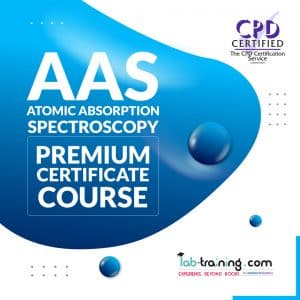 Certificate Course on AAS
Certificate Course on AAS  Certificate Course on GC
Certificate Course on GC  Certificate Course on High Performance Thin Layer Chromatography (HPTLC)
Certificate Course on High Performance Thin Layer Chromatography (HPTLC)  Certificate Course on ISO/IEC 17025:2017 - CPD Certified
Certificate Course on ISO/IEC 17025:2017 - CPD Certified 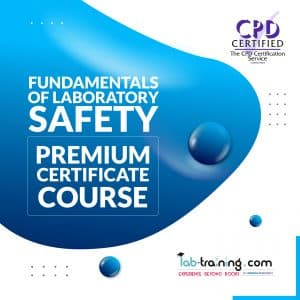 Certificate Course on Lab Safety
Certificate Course on Lab Safety 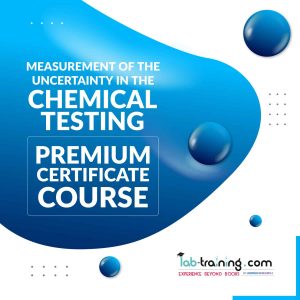 Certificate Course on Measurement Uncertainty in Chemical Testing
Certificate Course on Measurement Uncertainty in Chemical Testing 
 AAS, GC & HPLC Certificate Course Bundle
AAS, GC & HPLC Certificate Course Bundle  Certificate Course on AAS
Certificate Course on AAS  Certificate Course on GC
Certificate Course on GC  Certificate Course on High Performance Thin Layer Chromatography (HPTLC)
Certificate Course on High Performance Thin Layer Chromatography (HPTLC)  Certificate Course on ISO/IEC 17025:2017 - CPD Certified
Certificate Course on ISO/IEC 17025:2017 - CPD Certified  Certificate Course on Lab Safety
Certificate Course on Lab Safety  Certificate Course on Measurement Uncertainty in Chemical Testing
Certificate Course on Measurement Uncertainty in Chemical Testing 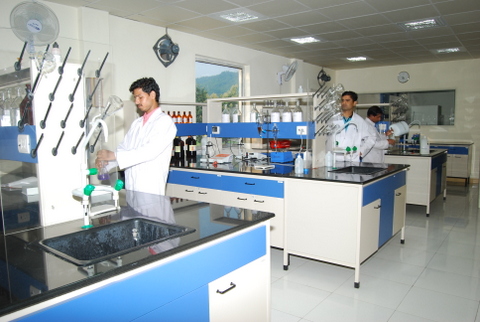

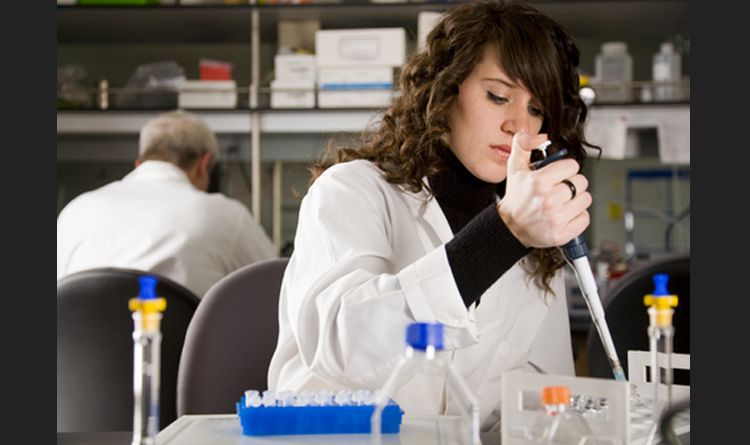
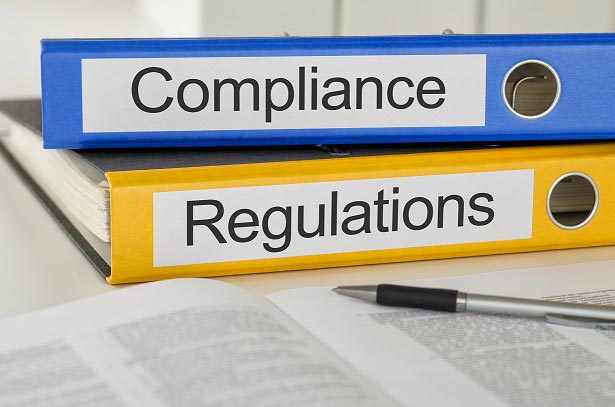
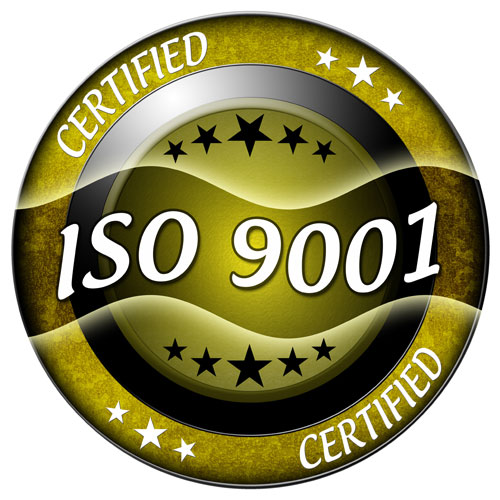
Responses